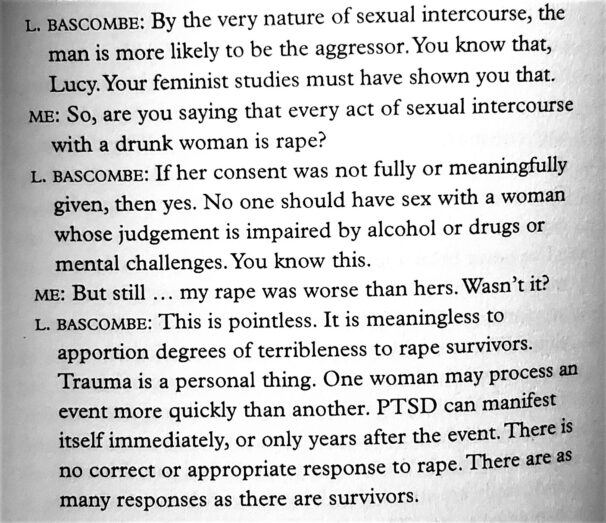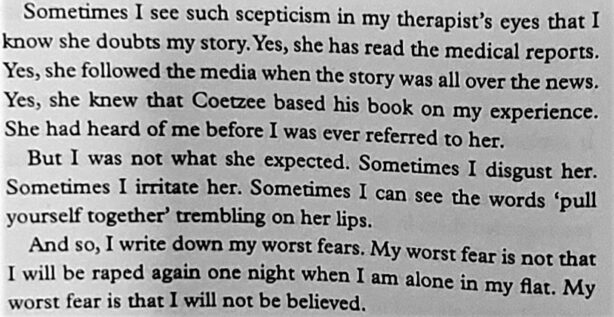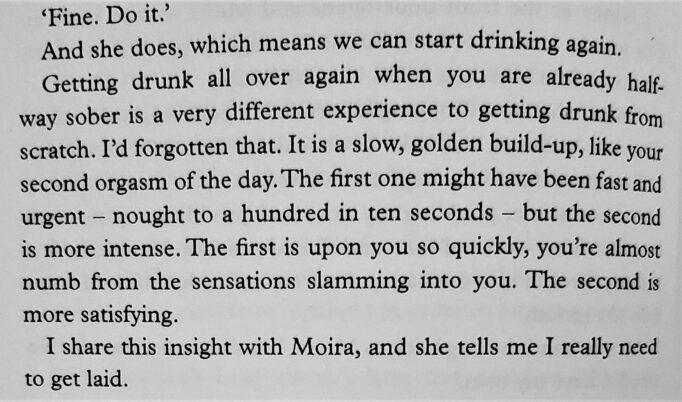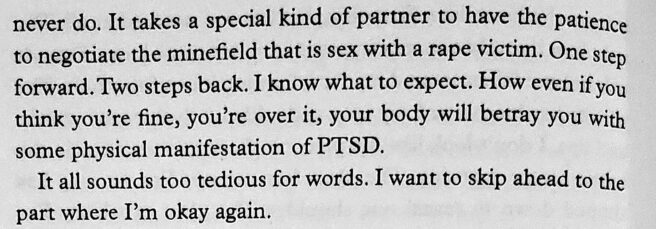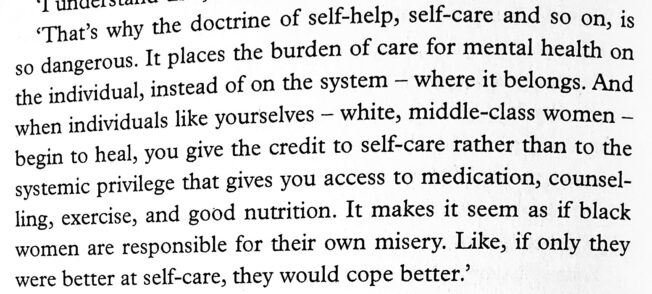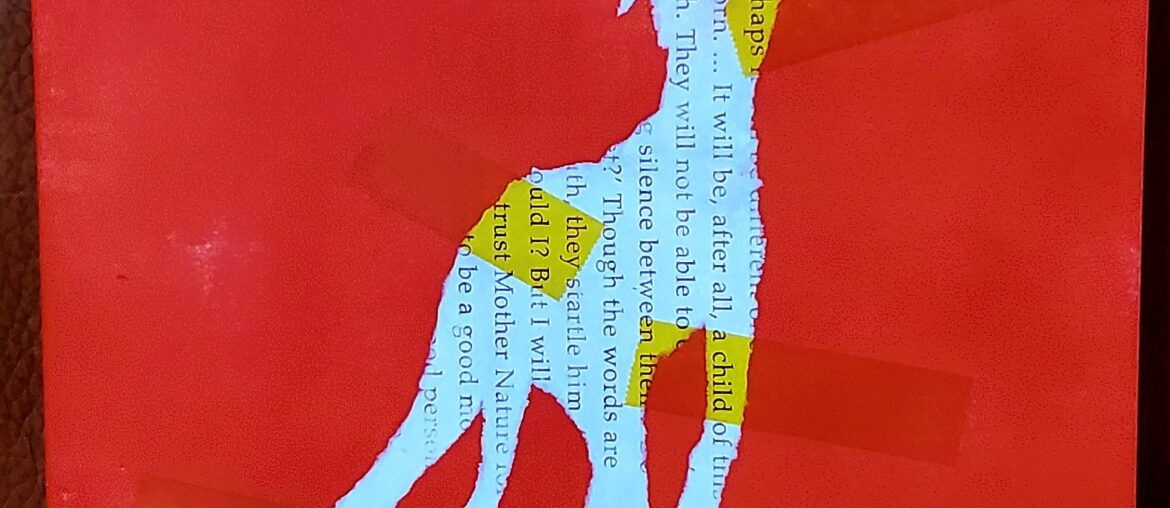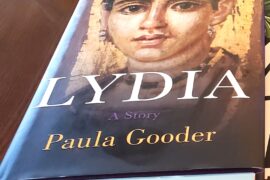A lacuna is an unfilled space or gap.
My Vagina is a lacuna that my attackers filled with penises.
The above are the first two lines of Fiona Synckers’ novel – Lacuna. An intro that alerts you to the fact that weighty topics lie ahead and that the author is going to tackle them without flinching. Lacuna is an interestingly unique novel – a critique of another novel. It is a critique of JM Coetzee’s Disgrace. In Disgrace, the protagonist is a university lecturer who leaves his post after a scandal and goes to stay with his daughter, Lucy Lurie, in a small town. Gu nnn. While there, armed men break into the house and gang rape Lucy in the presence of her father before setting the house on fire. It is a very well written but difficult book. Disgrace is even made more difficult by the fact that Lucy’s voice is largely silent. Her perspective is missing despite being the victim of a brutal assault. All of these are made even more difficult where the author of Disgrace uses her rape as a sort of metaphor. Lacuna is a critique of Disgrace in the sense that it gives voice to Lucy Lurie. It brings her centre stage and amplifies her voice. A voice that is not just amplified but booms through the pages.
The structure of the book is odd but effective. It gets into the mind of Lucy Lurie and extrapolates several hot societal issues from the context and view of a violated white South African woman. Almost no hot topic is left untouched – white privilege, mental health, sexual violence, racism, profiling and even online dating. The uncertainties and back and forth that seem valid in the mind of a rape survivor trying to process the trauma of a life-changing event are well captured in the plot. You read a page and wonder why she reacted in that manner (or applaud her for responding in that manner) only to see in the next paragraph that it was a thought she considered before doing the exact opposite. This lucidly conveys the internal battles that a traumatised person is fighting in almost every interaction with others.
Despite how well written it is, my grouse with Lacuna is two-fold; in a bid to cram all hot topics into the plot, it ends up reading like an activist’s memoir for a large chunk of the book and a tad preachy. This makes some dialogues read like an essay instead of the novel it actually is. Another grouse of mine is the excessive fixation on the fictional character called John Coetzee which is loosely based on JM Coetzee. I consider the fixation excessive because some of the complaints against him are hypocritical. He is accused of exploiting the rape of a real person to write a fictional story that silences the victim’s voice and accused of profiting off her story. The irony of the latter is that Lacuna profits off the critical acclaim of Disgrace. I share the author’s sentiment that the use of rape as a metaphor for the healing of South African racial unequal society was not a well thought out idea and I found that difficult to chew on as I read Disgrace. Irrespective of these grouses, Lacuna is an interesting work that keeps any serious reader pondering the issues raised. It does not matter what your take is on any of those issues, there is enough dialogue in the book to cause an internal dialogue with yourself after the last page is long turned. I am very eager to read Fiona Synckers’ next work of fiction, as long as it is one where she is critiquing another work of fiction.
3.5/5
